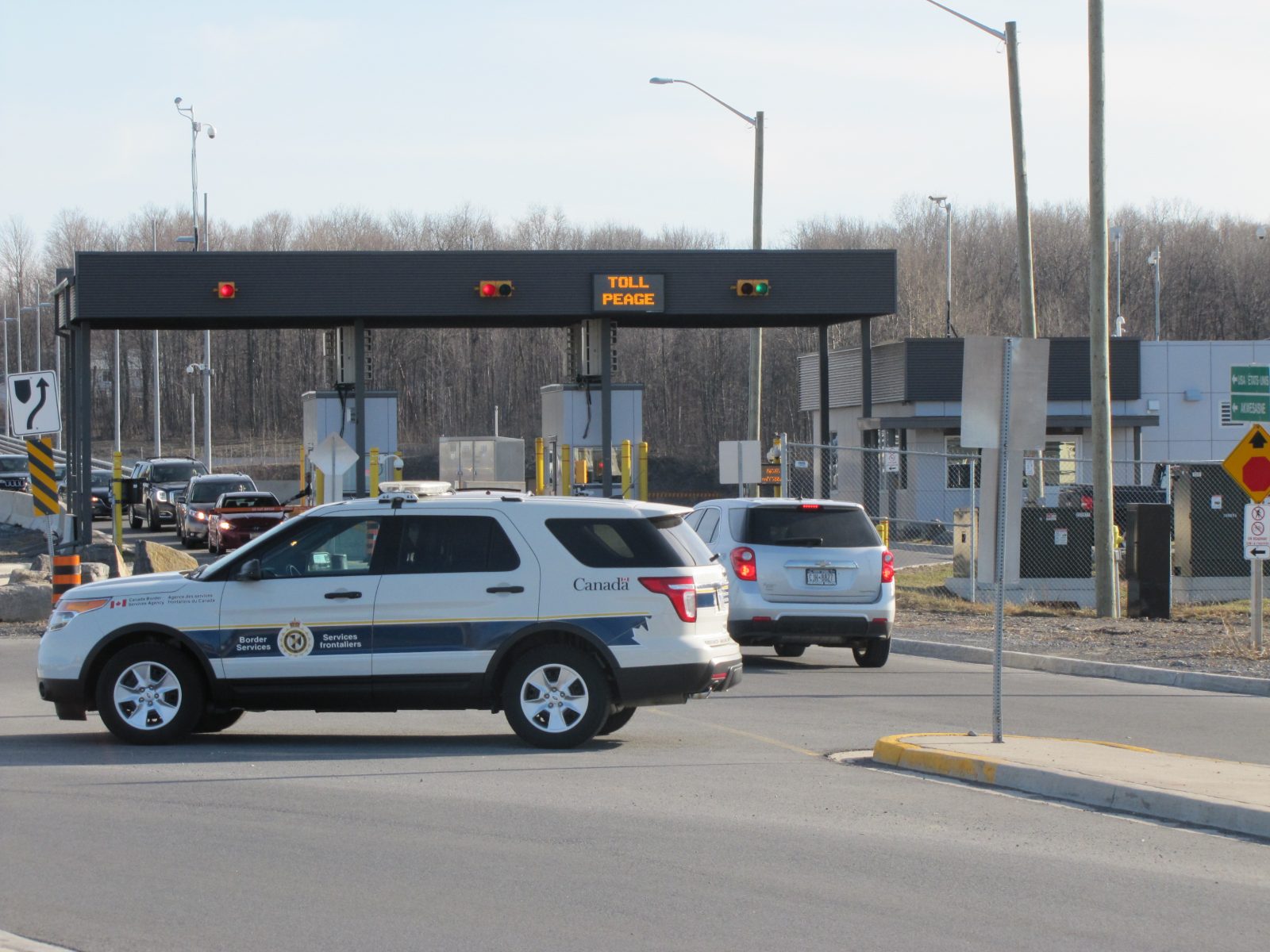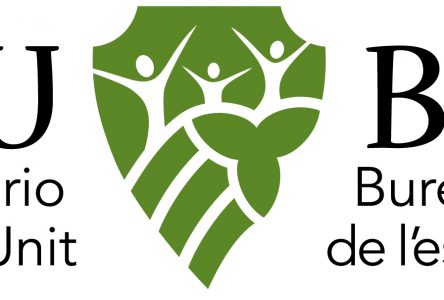CORNWALL, Ontario – On Friday, Oct. 2, Immigration, Refugees and Citizenship Canada (IRCC) announced changes to the rules around who can be allowed to cross the border.
Due to the COVID-19 pandemic, the border with the United States was closed in March and has remained that way with only a few exceptions being allowed to cross, such as commercial traffic.
In the first week of September, Canadian Mayors of border towns, including Cornwall’s Bernadette Clement, had a virtual meeting with federal Public Safety Minister Bill Blair.
READ MORE: Border mayors take concerns to Blair
While the Mayors said that many of their constituents accepted the need for the border to remain closed until the pandemic was under control, they did relay some concerns of some of their residents who were separated from their loved ones.
With their announcement on Oct. 2, the federal government is taking steps to address those concerns by introducing a few new exceptions to be allowed across the Canada-U.S. border.
According to the IRCC, extended relatives of Canadian Citizens or permanent residents will be allowed to cross the border into Canada along with those who have been dating a Canadian Citizen or permanent resident for a period of one year. Dependents of Canadian Citizens and permanent residents will also be allowed across; this includes children, as well as adult children, grandchildren, siblings and grandparents.
There will also be exceptions for foreign nationals on compassionate grounds such as a life-threatening illness, critical injury or death with a potential for limited release from the 14 day quarantine on a case by case basis.
Finally, as of Oct. 20, International students will be allowed to cross the border if they are attending a recognized institution with a COVID-19 management plan in place.
The IRCC stated that they would be sharing further details specifically on who qualifies to cross the Canada-U.S. border on compassionate grounds.
Cornwall Mayor Bernadette Clement commented that knowing those details will be crucial in determining if these changes are meeting the needs of her constituents.
“We have been expecting this news from the federal government, as Minister Blair had announced to the group of border Mayors, that there would be more support for family reunifications in the light of the continuing closure of the border between Canada and the U.S. All mayors expressed much concern for those of their constituents who were suffering the pain of separation from family and loved ones, and most particularly for people who need to be with their families for compassionate reasons,” Mayor Clement said in an email to Seaway News. “These changes speak to broadening the list of extended family members who might qualify for reunification, but the details as to who qualifies exactly, and as to how to apply, come out on October 8th so we will need to wait to see if our residents feel that this help them directly and improve access to their families.”
Stormont, Dundas, and South Glengarry MP Eric Duncan said that these changes were long overdue.
“This policy change to allow families to safely reunite after months apart is long overdue,” he wrote in a statement to Seaway News. “There have been too many stories of a family member in their final days and not being able to be have their children or siblings at their bedside. Too many cases of spouses and common-law partners that haven’t seen each other in at least 8 months. We need to allow these limited number of unique cases to reunite safely. During this pandemic, we rely very much on our families and we should be compassionate where this can be done safely.”
In addition to changes on who can cross, the IRCC also announced that public health measures at the border will be increased. The IRCC hopes to add additional screening officers who will be responsible for calling those who enter Canada to ensure they are following proper guidelines such as quarantining for 14 days and to check if they have COVID-19 symptoms.
Those who enter Canada and disregard public health measures could face steep fines and even prison time.





